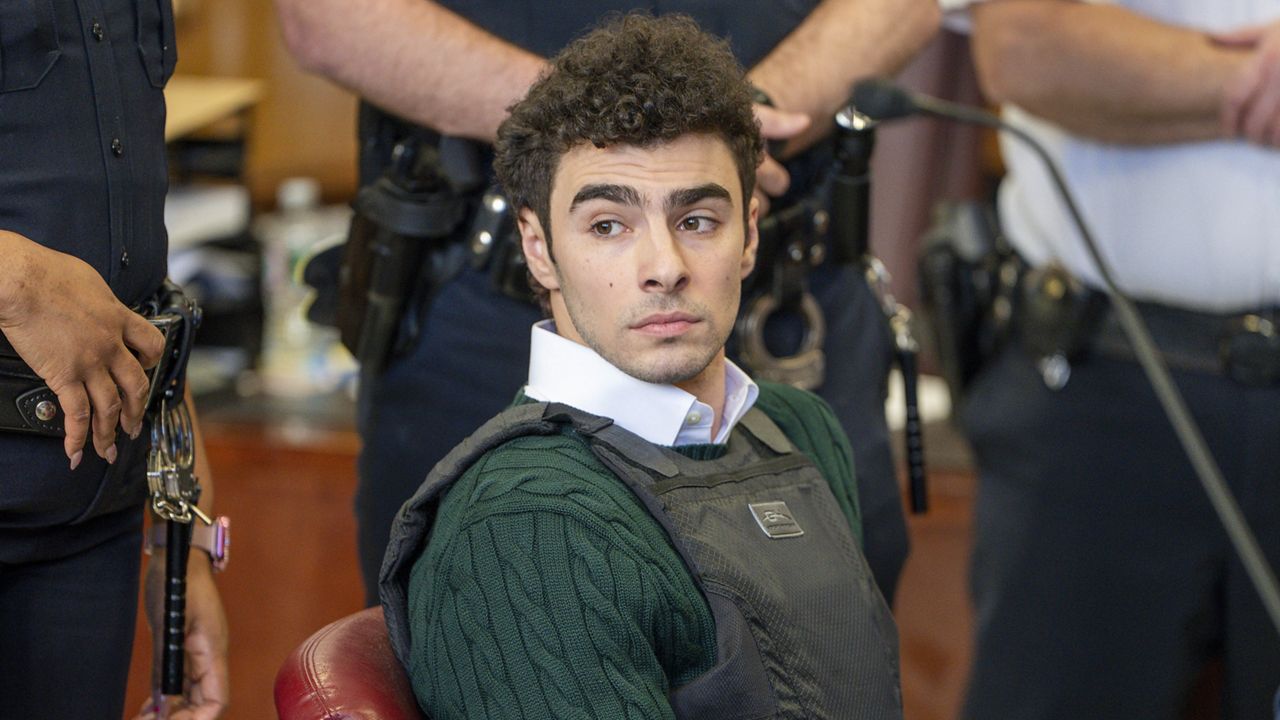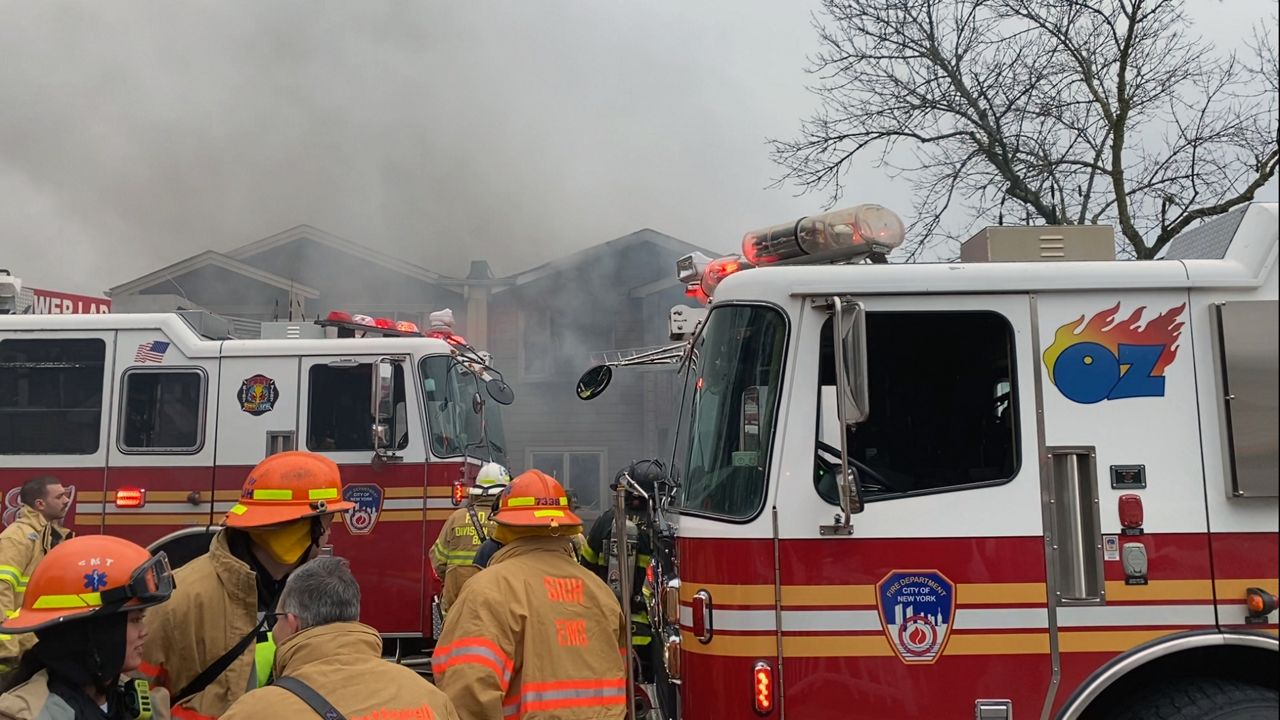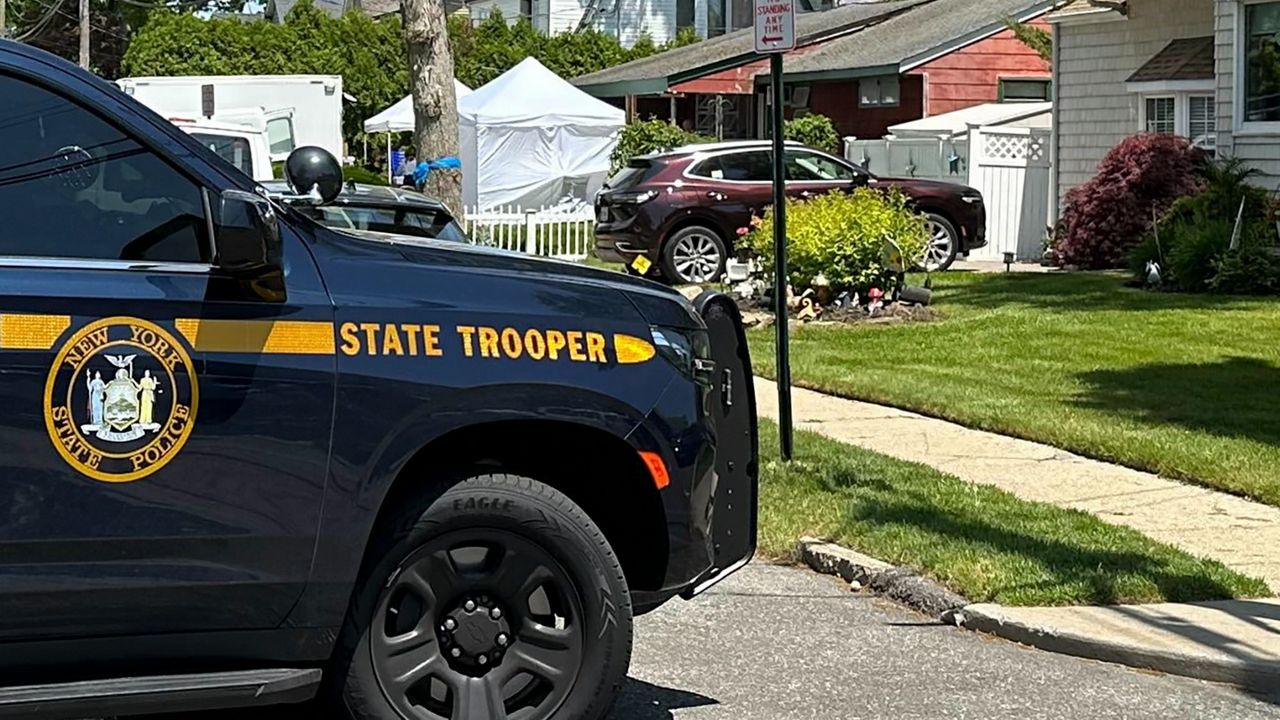The city's two juvenile detention facilities are both overcrowded.
The New York City Administration for Children’s Services, which runs the city's juvenile detention facilities, confirmed there is not enough room for the growing juvenile populations at Crossroads Juvenile Detention Center in Brooklyn or Horizon Juvenile Detention Center in the Bronx.
What You Need To Know
- The city is housing some juvenile detainees in classrooms to sleep at night until it can find better accommodations
- The Legal Aid Society of New York thinks every child should have their own room
- But the Administration for Children’s Services is pushing back against the Legal Aid Society, saying the classrooms are supervised whenever children are inside of them, including at night
The Administration for Children’s Services requested and received a waiver from the state’s Office of Children and Family Services to temporarily bypass the requirement that each juvenile detainee be housed in a single room.
The Legal Aid Society of New York objects to this request.
"The reason there are state [regulations] that require that each child have their own room is because we know that that's the safest way to keep a child," said Lisa Freeman, the director of the Juvenile Rights Special Litigation and Law Reform Unit at the Legal Aid Society. “Particularly a young person who is going through the kind of challenge of an arrest. And particularly when they're housed with other young people who are all going through that."
The agency is housing some children in classrooms to sleep at night until it can find better accommodations.
Freeman said several clients have reported sleeping on cots in classrooms and have trouble sleeping for fear of safety. Two clients have been assaulted since the changes took effect, Freeman said.
However, the Administration for Children’s Services is pushing back against the Legal Aid Society, saying the classrooms are supervised whenever children are inside of them, including at night.
The administration said overcrowding started after the state’s Raise the Age legislation took effect, which changed the age that a child can be criminally prosecuted as an adult to 18 years old.
"Due to an increase of 16 and 17 youth accused of serious crimes and being placed in secure juvenile detention facilities rather than adult facilities, extensive planning is underway to build additional housing, educational and programming space to accomodate the increasing population," a spokesperson for Administration for Children’s Services.
The administration also said remanding 16-year-olds and 17-year-olds accused of serious crimes to juvenile detention centers instead of adult detention centers is the right thing to do and it has been working to construct additional spaces at their juvenile detention centers for more than a year.
A spokesperson also said the city has increased the sheriff's capacity to monitor youth at their homes with electronic monitoring as the population in its juvenile detention facilities increases.




%20Pkg%20Juvenile%20Detention%20Overcrowding%20CG?wid=320&hei=180&$wide-bg$)




_CGPKG_Rally_-_Bx_Kawaski_Trawick_Shooting_CG_1)